Robert
Jonathan Donner
January 25, 2019


January 25, 2019
January 25, 2019
Faith was born in Nakuru but moved to Nairobi to find work. She now sells fresh fruit juice in and around Nairobi.
She started her business in July 2018 when a woman she met told her how she was struggling to find fresh, healthy juice for her children. This woman, Esther, continues to give her advice on how to grow and manage her business. Faith also connects with a business coach she met through Instagram who gives her tips on how to improve her juice business. She’s received valuable advice via both online and offline channels.
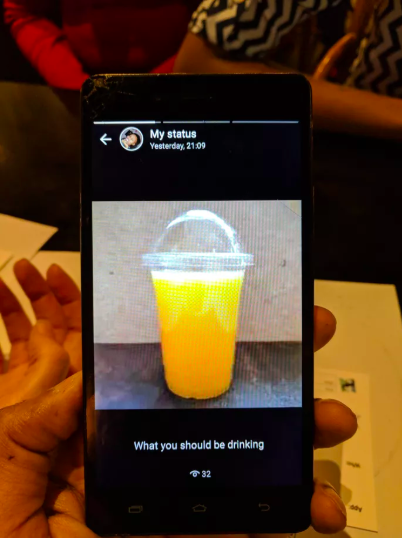
Faith learned to make juice by watching YouTube tutorials. Through YouTube she’s also learned how to sell to customers, how to package her juice, and about the importance of keeping a hygienic work environment. From her friend Esther to YouTube, she uses a number of platforms and offline tools to upskill herself.
Each day she promotes her juice through SMS, WhatsApp, and Instagram. She also uses her WhatsApp status as a marketing tool. She rarely uses Facebook for business. She once got a customer through Facebook that she didn’t know and was scared to pursue the lead. She feels much more comfortable using WhatsApp, because she knows her Whatsapp customers.
She delivers pre-ordered juice to customers either to their door or to a set location. Any remaining juice she sells by hawking on the street. All of her customers pay her in cash.
January 25, 2019
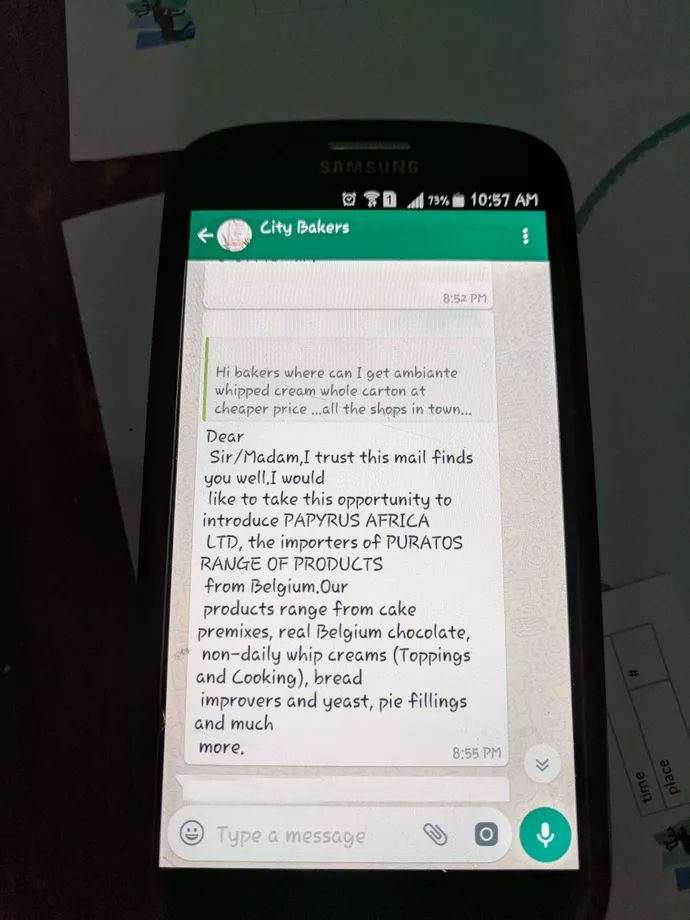
Dorcas is a baker and does online freelance writing in the evening. She used to work in communications and ran her own PR business before, sadly, she developed Lupus. Due to her illness she is homebound and relies on technology to do most of her work.
Dorcas started her baking business—Sweet Purpose Cakes—two years ago and differentiates herself by offering healthy cake options made with less sugar. She uses a number of different apps to market her products and communicate with clients.
She advertises by posting pictures of her cakes on her personal Facebook page. She has a separate page for her business, but few people have joined. She occasionally uses Twitter to run promotions. Most of her conversations with clients start on Facebook messenger and then, once she confirms they are a potential customer, she moves the conversation to WhatsApp. WhatsApp is her primary way of connecting and communicating with customers. She’s also a member of a WhatsApp baking group which is used for networking, referrals, and information on where to get ingredients.
She prefers to have deposits paid through M-PESA rather than with cash so that she has a paper trail of her expenses and sales. She relies on delivery apps, such as Uber and Taxify, to deliver her cakes.
Dorcas also uses Pinterest for inspiration and YouTube to learn new techniques on how to bake. She also sometimes pays for online baking tutorials through MasterClass.
In the evenings she logs on to online work platforms such as iWriter and Upwork where she does product reviews, article writing, and surveys. She used to work as a virtual assistant, but now works only as a baker and writer.
January 25, 2019
Daniel inherited his duka (small mom-and-pop shop) from his mother. The shop has been around for about 20 years and was one of the first on its now busy street.
He mainly interacts with his duka customers in-person but occasionally uses phone calls, SMS, and Whatsapp.
Most transactions are done in cash. Although he accepts M-PESA, his customers tend to consider it too expensive because of the transaction fee.
Daniel is part of TechnoServe’s ‘SmartDuka Program’ through which he benefits from training on how to better manage his business. He is also a member of the SmartDuka Whatsapp group where shopkeepers discuss different marketplace items as a collective and negotiate better prices.
In the evening Daniel does online freelance writing as a digital side-hustle. He works on both iWriter and Upwork, writing articles and doing product reviews. For his research he uses Google. He was trained on how to use iWriter through a friend, who taught him everything from how to navigate the platform, to how to build a profile and research online.
He is a member of various Facebook groups dedicated to online freelance writing (see image). He uses the groups to get advice on how to get the most out of these online work platforms. Through the Facebook groups he also connects with “trainers” who teach him how to write well and succeed with online assignments.
In five years time he expects he will focus predominantly on online writing. Perhaps you’ll no longer find him at his duka.
January 25, 2019
Benard was born and raised in Nairobi. He likes football and reggae music, and has been selling shoes since he was 14. Initially he sold them informally, to teachers and fellow students at school, but now he has a small market stall— shared with three other friends and fellow shoe merchants—in Gikomba.
While he uses his store to attract new customers, he relies on WhatsApp to communicate with existing clients and market new products.

He finds it faster, cheaper, and easier to communicate with clients through 1:1 WhatsApp messages than phone calls, especially given WhatsApp’s ability to send and receive multiple pictures at once. WhatsApp also helps him communicate with customers who live outside Nairobi.
He promotes new shoes, and receives customer requests through a WhatsApp group he created for his customers. He is also a member of another WhatsApp group that he uses to source shoes from suppliers (see image).
After closing a sale through WhatsApp he delivers the shoes in-person and receives payment. He prefers to be paid in cash, but will accept M-PESA if a customer doesn’t have cash on them. In sum, he dips in and out of offline and online worlds as he completes a sale.
He had a Facebook page at one point, but he stopped using it for business due to concerns that some Facebook users are “just not that serious.” Also, he would have been willing to pay to promote his Facebook page but was unsure how to do so and how much it would cost. These digital challenges pushed him off Facebook for business use. He now only communicates through WhatsApp.
He also uses Instagram for inspiration, and sometimes posts photos of shoes on his Instagram account. However, he is concerned that he doesn’t have a good enough camera to post high quality pictures.
In five years time he hopes to have expanded his shoe business to be selling all over Nairobi.
January 25, 2019
Watch, and read, more about the below five personas:
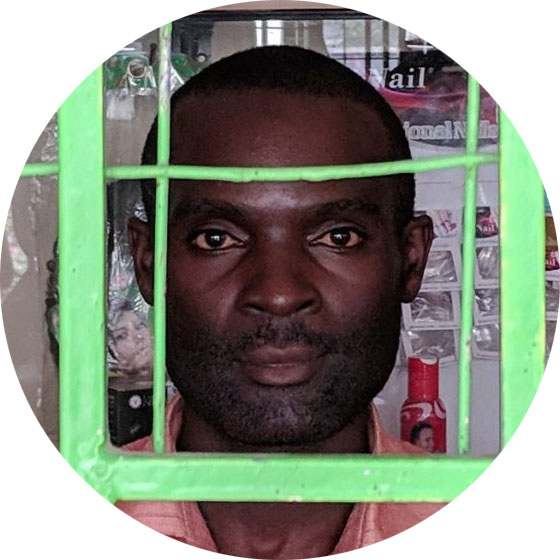
Shopkeeper

Taxi driver
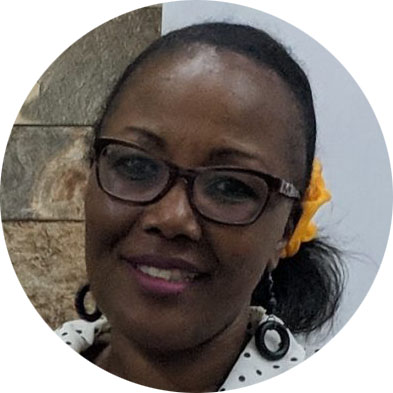
Owner of thrift clothes shop and pub

Pastor
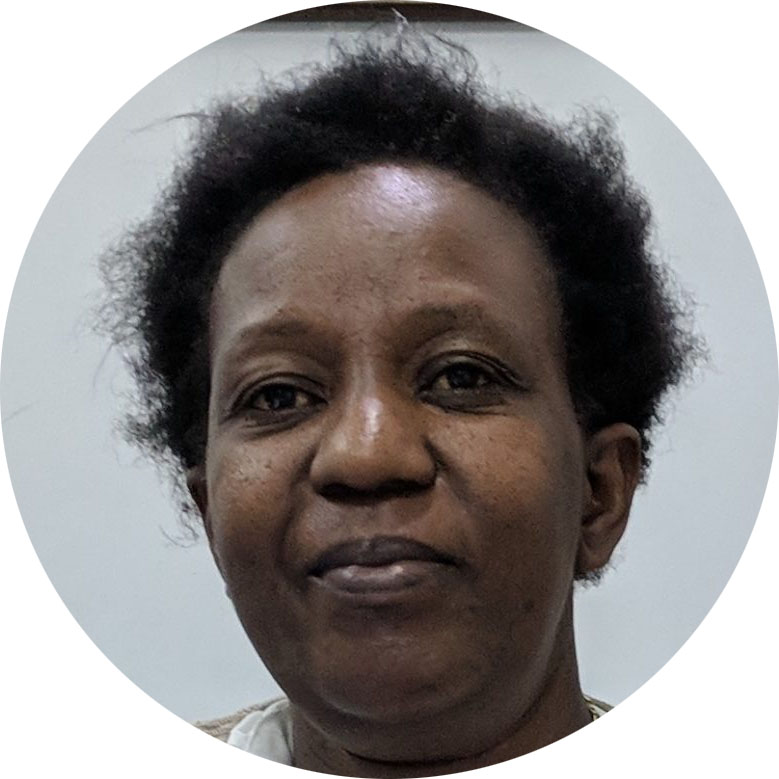
Runs a construction material business

Online merchant and freelancer writer
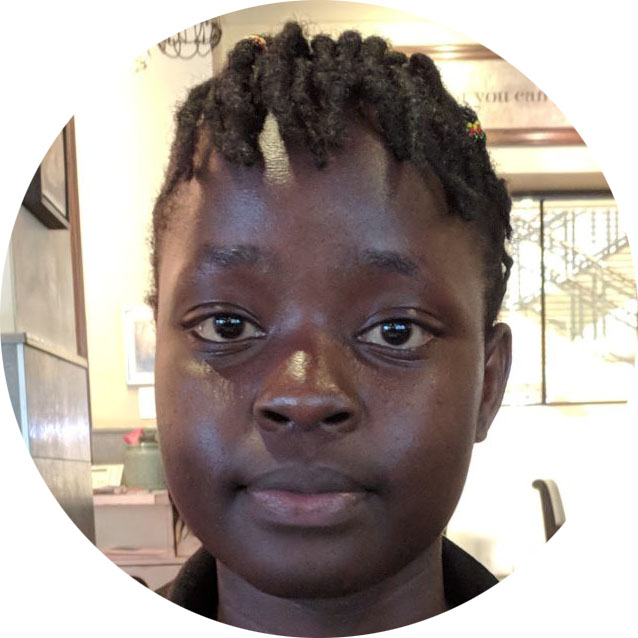
Jewellery designer and dancer
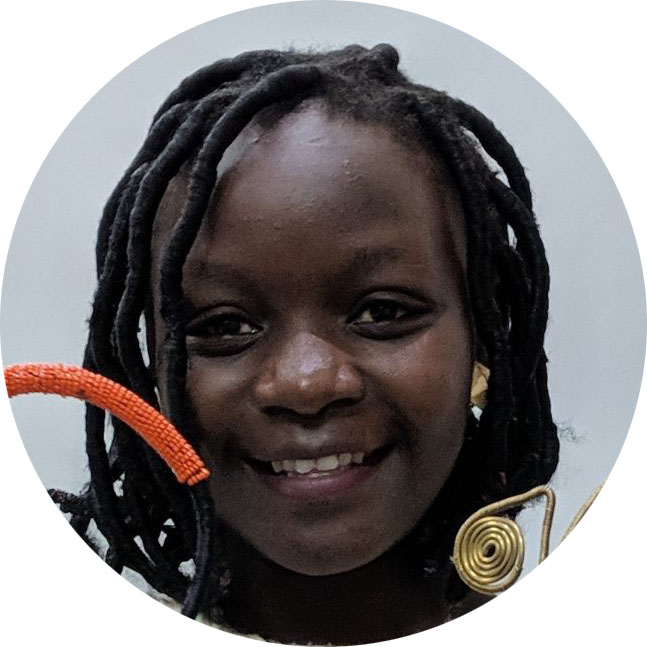
Actor and ornament maker
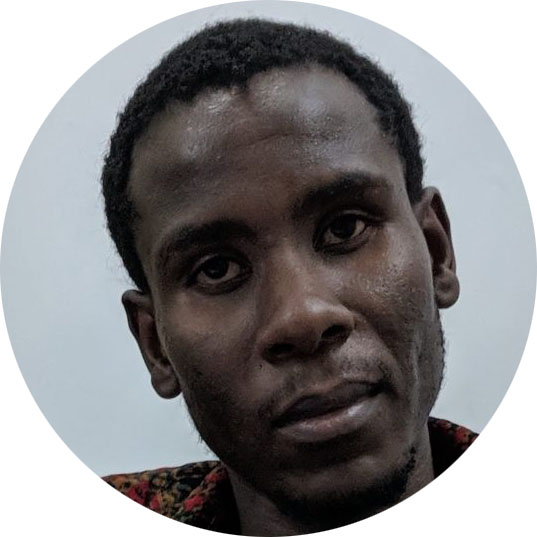
Tax and insurance consultant

Cook
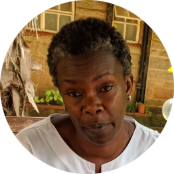
Relish/condiment business